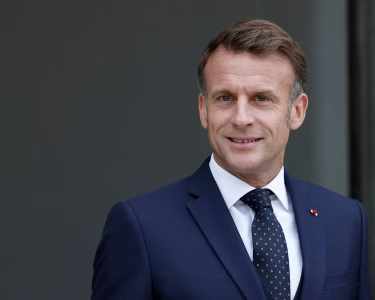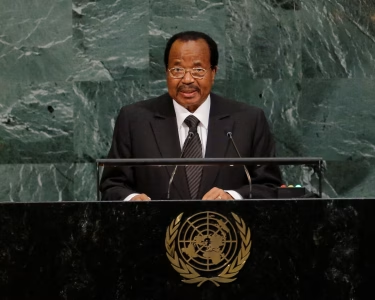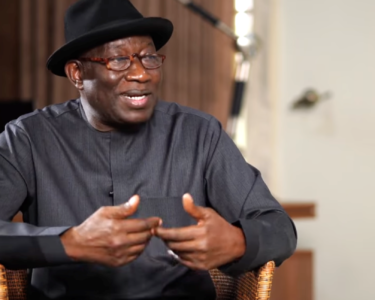Federal Government releases 4,550 inmates
Plans to decongest overcrowded prisons
Summary
- National inmate population reduced from over 86,000 to 81,450 as part of sweeping prison reforms
- Decongestion targets vulnerable and awaiting-trial inmates held for minor or bailable offences
- Two new 6,000-capacity correctional centres underway in Rivers and FCT to ease pressure
- Experts call for deeper reforms to tackle judicial delays, poor infrastructure, and reintegration challenges
Abuja, Nigeria — The Nigerian Federal Government has released 4,550 inmates as part of a major push to reduce overcrowding in correctional centres across the country. This move, announced on 24 July 2025 by the Minister of Interior, Dr Olubunmi Tunji-Ojo, marks a significant step in the country’s prison reform efforts, cutting the total custodial population from over 86,000 to approximately 81,450.
During a meeting in Abuja with Hon. Chinedu Ogah, Chairman of the House Committee on Reformatory Institutions, Dr Tunji-Ojo said the exercise was designed to uphold the dignity and rights of inmates while supporting President Bola Tinubu’s Renewed Hope Agenda, which prioritises justice, humane treatment, and national development.
The initiative specifically targeted inmates held for minor offences, those awaiting trial for extended periods, and other vulnerable individuals, including the elderly and ill. Many were in custody due to their inability to pay fines or meet bail conditions. The review considered legal status, health, and the nature of offences, in line with Nigeria’s correctional reform goals.
This move builds on existing reforms under the Nigerian Correctional Service Act of 2019, which shifted the focus from punishment to rehabilitation and introduced non-custodial measures such as community service and parole. However, overcrowding persists, despite a capacity of around 50,000, the country still houses over 81,000 inmates, about 70% of whom are awaiting trial.
To address this, the government is constructing two new custodial centres, each with a 6,000-inmate capacity, in Rivers State and the Federal Capital Territory. It is also working with the judiciary and state governments to speed up trials and improve bail procedures. Additionally, more use of non-custodial sentences is being encouraged.
Hon. Ogah welcomed the release of inmates and pledged continued legislative support and oversight. “This is a critical step toward creating a more just and humane correctional system,” he said.
Despite the progress, experts, including human rights lawyer Femi Falana (SAN), warn that long-term solutions require more than periodic releases. Challenges such as delayed trials, dilapidated infrastructure, and poor reintegration support remain. Many former inmates struggle to find work or acceptance, increasing the risk of reoffending.
Between 2019 and mid-2025, over 25,000 inmates have been released through various initiatives, including mass pardons and judicial interventions. In 2023 alone, ₦22.44 billion was allocated to feed 75,507 inmates, highlighting the financial strain of prison overcrowding.
The government has reaffirmed its commitment to inmate rehabilitation through vocational training, education, and partnerships with non-governmental organisations. However, stakeholders say more investment, stronger judicial collaboration, and broader societal support are needed to make these reforms sustainable.
The 2023 constitutional amendment empowering states to establish their own correctional services may further ease federal burdens if effectively implemented.
As Nigeria moves to align its correctional practices with global standards, the focus is now on maintaining momentum and ensuring that reforms deliver long-term justice and social reintegration.







